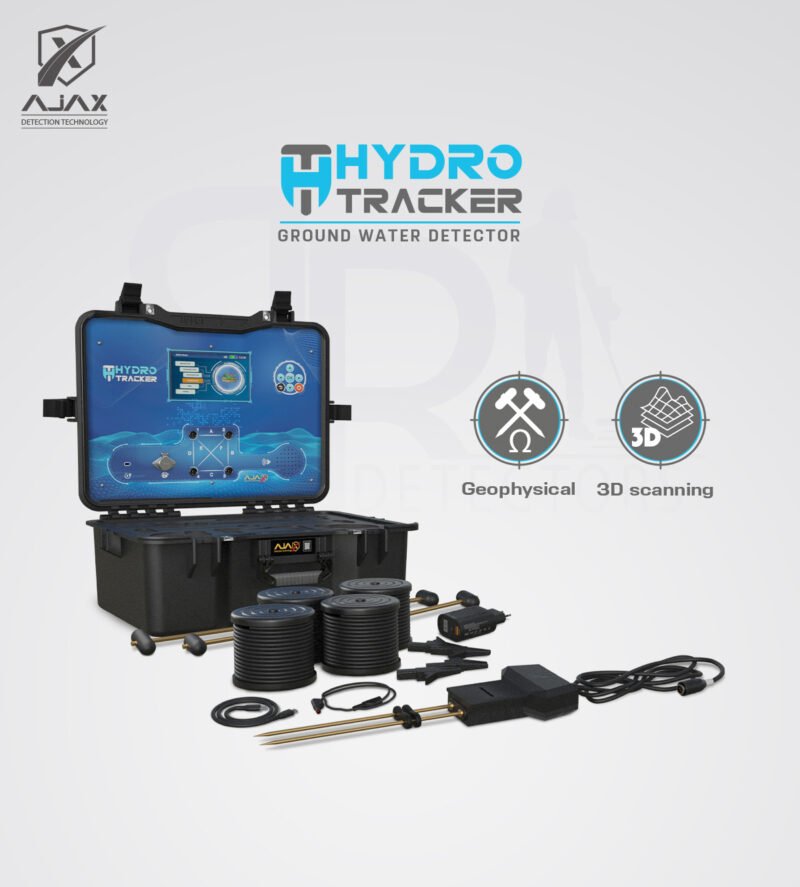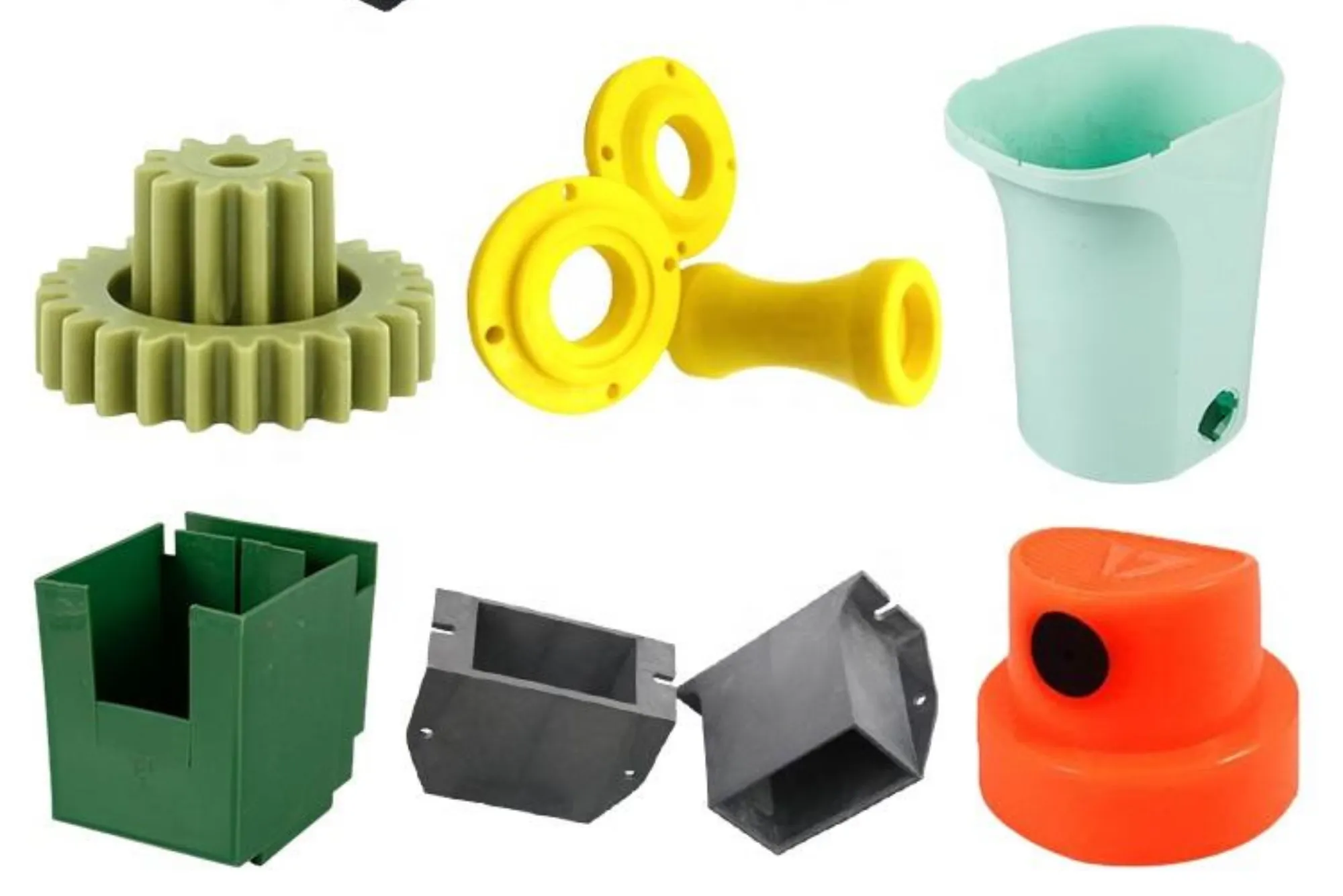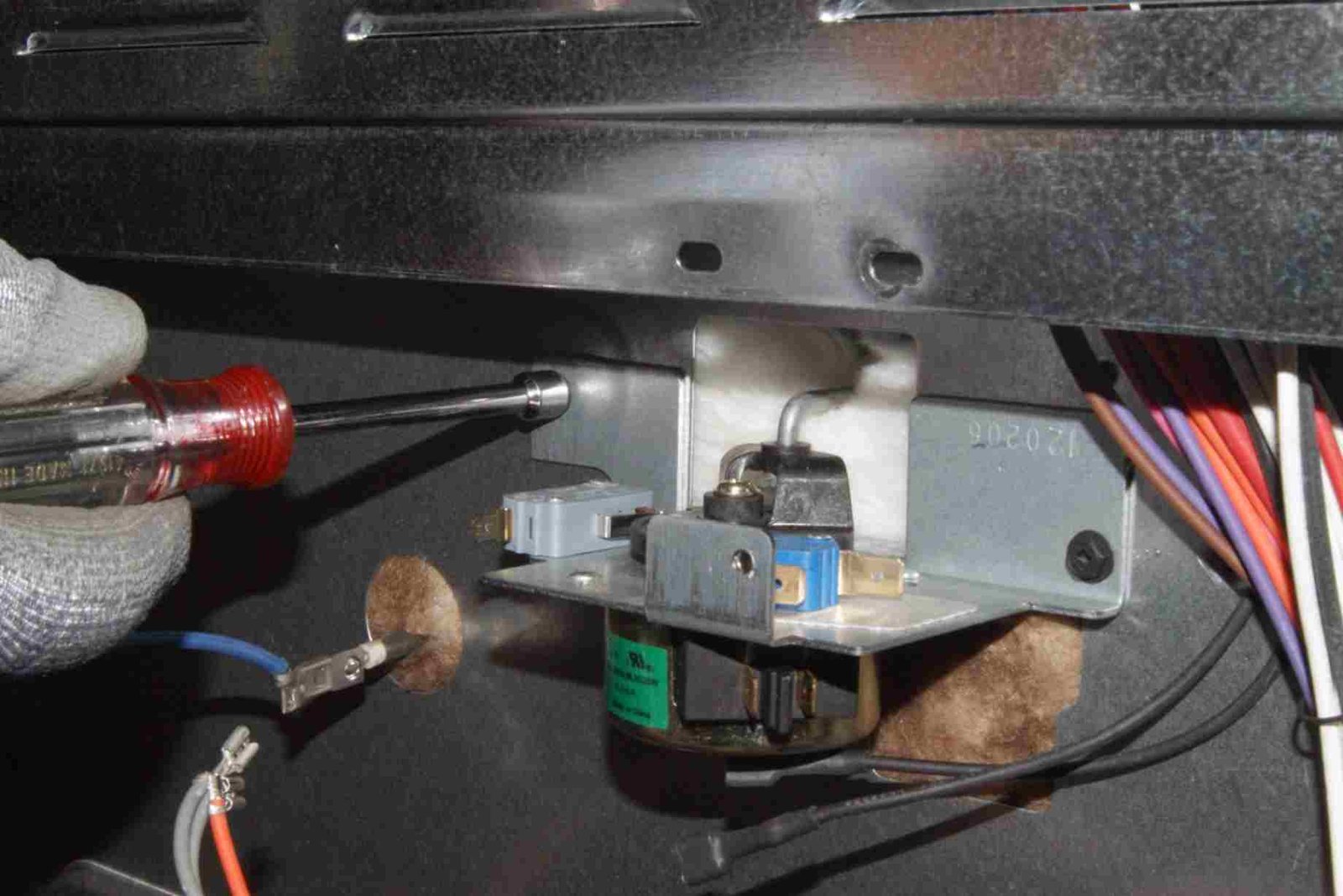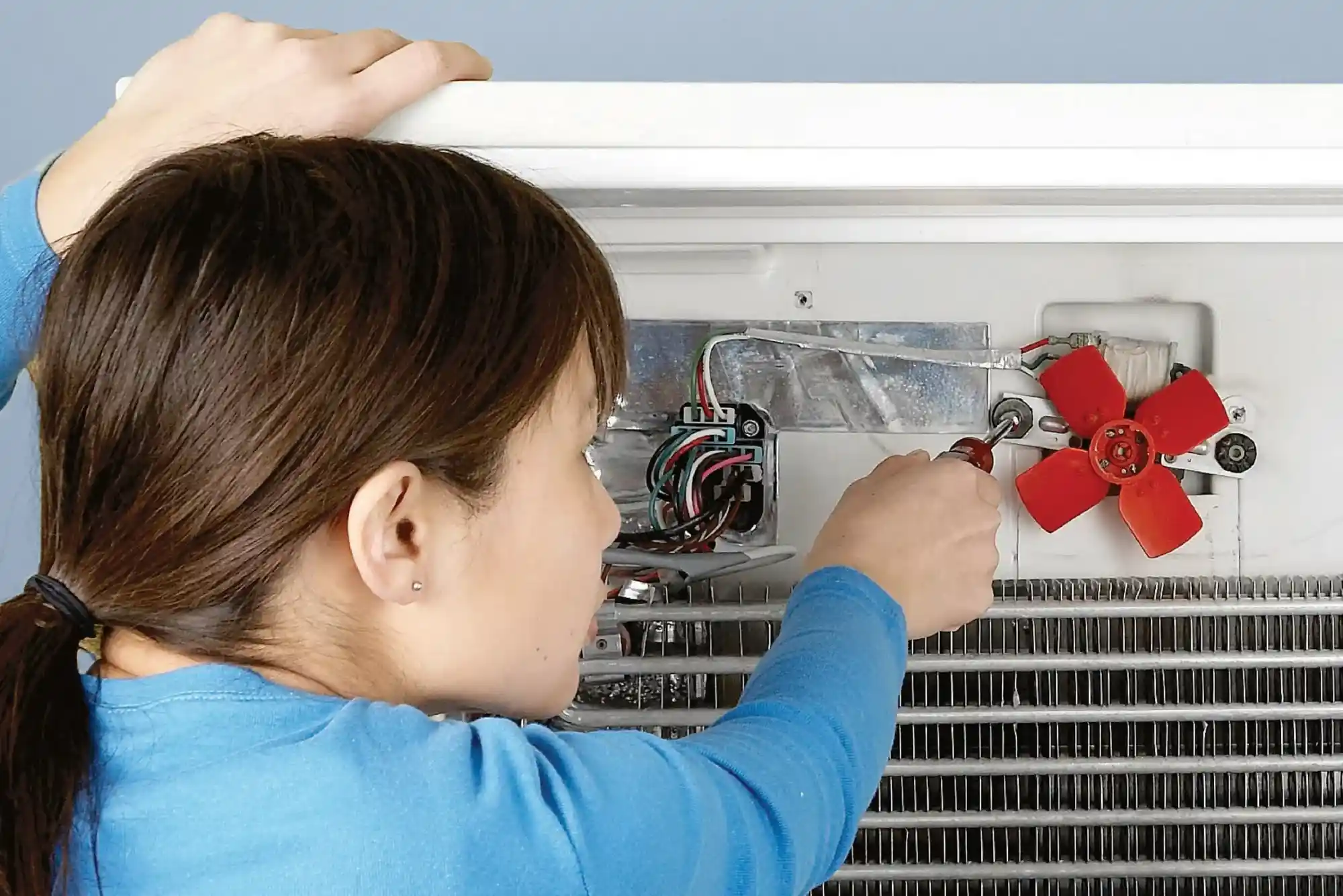Selling a car can often seem like a daunting task, but with the right guidance, it becomes a seamless experience. Whether you’re looking to upgrade your vehicle or simply need to sell your car, understanding the MI car sell process is crucial. This comprehensive guide provides detailed steps, practical advice, and answers to commonly asked questions to help sellers navigate the process effectively.
Understanding the MI Car Sell Process
The MI car sell process involves several important steps to ensure the transaction is smooth, legally sound, and beneficial for both the seller and buyer. From preparing your car for sale to transferring ownership, every phase demands attention to detail.
Steps in the MI Car Sell Process
1. Assessing the Value of Your Car
Before listing your car for sale, determining its market value is essential. Factors such as mileage, condition, make, model, and demand in the market influence the value.
- Use online car valuation tools or visit local dealerships.
- Compare similar listings to estimate a competitive price.
2. Preparing Your Car for Sale
A well-maintained car attracts more buyers and fetches a better price. Key preparations include:
- Cleaning and Detailing: Ensure the car is spotless inside and out.
- Minor Repairs: Fix small issues like dents, scratches, or non-functioning lights.
- Document Readiness: Have all paperwork, including registration, insurance, and service records, ready.
3. Advertising Your Car

Once the car is ready, advertise it effectively:
- Online Platforms: List your car on popular websites like Craigslist, Facebook Marketplace, or MI car-specific platforms.
- Social Media: Leverage your network to spread the word.
- Traditional Methods: Use posters or local newspapers for advertising.
4. Screening Buyers
When potential buyers reach out, prioritize safety and credibility:
- Meet in public places.
- Verify the buyer’s intent and identity.
- Avoid sharing sensitive information over phone or email.
5. Conducting Test Drives
A test drive can influence a buyer’s decision.
- Arrange a convenient time and location.
- Accompany the buyer during the drive.
- Ensure your insurance covers test drives.
6. Negotiating the Price
Negotiations are common during the selling process.
- Be prepared to justify your asking price with evidence like service records or upgrades.
- Stay firm but reasonable while discussing offers.
7. Finalizing the Sale
Once a deal is reached
- Draft a bill of sale including the agreed price, vehicle details, and buyer-seller information.
- Receive payment through secure methods like cashier’s checks or bank transfers.
- Cancel insurance and remove the vehicle from your name.
8. Transferring Ownership
Follow state-specific regulations to transfer the title. This often involves signing over the title and notifying the DMV.
Common Challenges in Selling Cars
Pricing Confusion
Sellers often struggle to set a realistic price. Overpricing deters buyers, while underpricing leads to financial losses.
Time-Consuming Inquiries
Answering numerous questions from buyers can become tedious, especially if the car is priced attractively.
Fraudulent Buyers
Scammers targeting online sellers are a concern. Exercise caution by verifying buyer details and sticking to safe payment methods.
Legal Issues
Improper transfer of ownership can result in legal complications. Ensure all formalities are completed accurately.
Table: Benefits of Selling Cars in MI
| Aspect | Description |
|---|---|
| Ease of Process | Well-defined regulations make the process straightforward. |
| High Demand | MI has a consistent demand for used cars due to a thriving automotive market. |
| Competitive Pricing | Multiple valuation tools and buyers allow sellers to secure fair prices. |
| Support Services | Availability of third-party services for inspections, documentation, and sale assistance. |
Tips to Enhance Your Car’s Appeal

- Offer recent service reports to showcase proper maintenance.
- Provide a detailed vehicle history to build trust.
- Include high-quality photos from various angles in your listings.
- Highlight unique features like advanced safety systems or entertainment upgrades.
FAQs About Selling Cars in MI
1. What documents are required for selling a car in MI?
Essential documents include the car title, registration, bill of sale, and a valid ID. Additional documents like service records and a warranty (if available) can be beneficial.
2. How long does the selling process take?
The timeline varies depending on the car’s condition, demand, and price. On average, it can take a few days to several weeks to find a buyer.
3. Can I sell my car without a title in MI?
Selling without a title is challenging and often not permissible. You must apply for a duplicate title through the MI DMV if the original is lost.
4. How do I avoid scams when selling my car?
To prevent scams
- Avoid accepting personal checks.
- Meet buyers in public, well-lit areas.
- Insist on secure payment methods.
5. Is it better to sell privately or trade in at a dealership?
Selling privately usually fetches a higher price, but it requires more effort. Trading in at a dealership is quicker but often results in lower returns.
Understanding the MI car sell process is key to ensuring a successful and hassle-free car sale. By following the outlined steps, addressing potential challenges, and utilizing expert tips, sellers can navigate the process with confidence. Always prioritize safety, legal compliance, and transparency throughout your car selling journey. Whether selling to a private buyer or trading in, a well-executed process guarantees satisfactory results for all parties involved.








